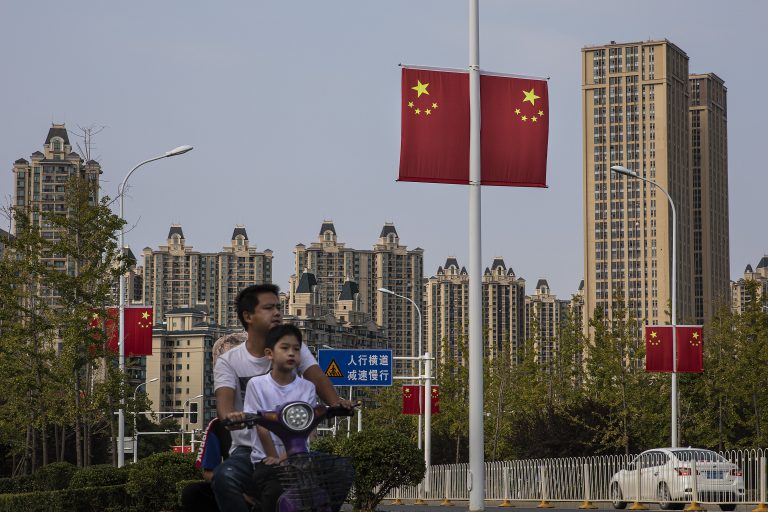Chinese real-estate developer Evergrande failed to provide coupon payments to offshore bondholders after a 30-day grace period concluded on Tuesday, Dec. 7, according to several people with knowledge of the issue. With millions of dollars in interest payments lost, the developer could face its first offshore default.
Grand loss
A report by Reuters stated that Evergrande failed to make US$82.5 million in interest payments that were due last month, potentially putting the company closer to an offshore default, which would cause cross-defaults on around $19 billion of international bonds. If this happens it would make Evergrande China’s largest defaulter.
Evergrande was founded in Guangzhou in 1996, becoming China’s second-largest property developer. The company made $110 billion in sales in 2020, and at one time boasted $355 billion in assets and more than 1,300 developments throughout the country.
Through land-buying and apartment-selling at low margins with support from loans, the developer expanded, eventually branching out to other businesses like insurance, bottled water, soccer and electric vehicles.
However, according to a letter leaked in September 2020, Evergrande was said to have sought government support for a backdoor stock market listing, which has since been dropped. Evergrande denied the authenticity of the case.
Success
You are now signed up for our newsletter
Success
Check your email to complete sign up
In June this year, Evergrande reported that it could not pay some commercial paper on time, further troubled by its $20 million bank deposit being frozen at its own request.
In August, Evergrande also said that, due to missed payments to contractors and suppliers, it would cease construction at may of its developments. The firm later looked to extend its payments for trust and bank loans in September.
In total, Evergrande gained liabilities worth 1.97 trillion yuan (US$306 billion) by the end of June – almost 2 percent of China’s gross domestic product (GDP).
After regulators released caps on three debt ratios – also known as the “three red lines” – the firm was pressured to double its efforts using heavy discounts on residential developments and selling most of its commercial properties.
With billions of dollars of liabilities, Evergrande has found itself in the middle of a property crisis in China, which engulfed several other smaller firms. The communist government claimed that Evergrande’s “problems can be contained,” planning to “boost liquidity in the banking sector.” The firm also planned to restructure its overseas debt, bringing relief to global investors.
According to Everbright Sun Hung Kai Securities strategist Kenny Ng, the non-payment crisis was expected to happen to Evergrande as investors await signals pointing to whether or not Evergrande will restructure its debt or concoct a creditor repayment plan.
After creditors demanded $260 million, Evergrande was unable to raise the funds needed to pay off the debt, causing authorities to summon the chairman and assure the markets that they could fix the problem. This led to the announcement from the firm on Monday that it “established a risk-management committee” to “[mitigate] and [eliminate] the future risks.”
Fellow developer firm Kaisa became the first to reach a default in 2015, with its 6.5 percent bond causing cross defaults on its offshore bonds valued at around $12 billion.
Evergrande was able to avoid facing a default in early November, but concerns regarding debt continued to plague the property sector.
Moving forward
According to market watchers, despite the default situation, Evergrande has been able to free itself from its crises as word of its problems would not be widely known.
With the help of the state and the hope to restructure its debt, Evergrande’s stock was boosted to about 8.3%. However, it only reached 1.1% on Tuesday in the midst of bond trades at “distressed levels”.
According to Morgan Stanley, the debt restructuring planned for Evergrande would require “coordination between authorities” to continue its projects. Negotiations with onshore creditors are also required to maintain financing for project completion. Discussion on how the restructuring will go would likely be run by regulators once operations stabilize.














